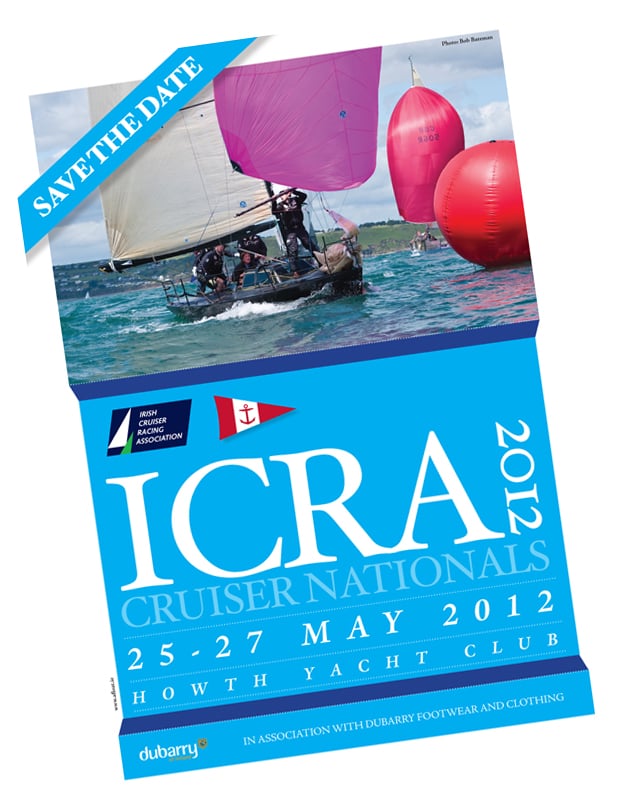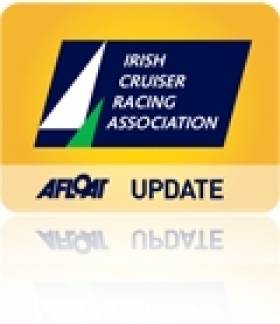Displaying items by tag: Nationals
Howth Plans Big Event for 2012 ICRA Nationals
ICRA – the 2011 Club of the Year – laid out its stall until 2014 at the eighth annual conference in Dun Laoghaire at the weekend and the momentum is already building at Howth Yacht Club (HYC) who stage the 2012 National Championships at the beginning of next season.
The country's biggest yacht club has a potential sponsor in the wings and Saturday's conference also heard from the Club's Norbert Reilly that HYC is adding feeder events around the two day championships from May 25/27 to double the attraction of the North Dublin venue.
The Corby Cup will be sailed the weekend prior to the Nationals (19-20 May) and the Irish sea offshore body, ISORA, will stage a feeder race from Conwy in Wales to Howth. Both initiatives will encourage UK boats to travel to Dublin for the ICRA series.
Typically the ICRA event attracts over 100 boats in four different classes.

In spite of a dip in the size of the Cruiser fleet in Howth in recent years local boats are still taking some of the big prizes nationally with Reilly's Crazy Horse the 2011 Volvo Dun Laoghaire and DBSC Cruiser Challenge winner and Pat Kelly's J109 Storm picking up the weekend conference's top 'Boat of the Year' prize.
Ashore there are plans to make the event family oriented and a 'ladies lunch' is also planned.
The weekend's ICRA conference decided to do away with the crew limit rule for the seven race series in Howth as the association focuses on getting more crews out on the water to enjoy cruiser racing.
The ICRA Nationals goes West for a return visit to Tralee Bay Sailing Club in June 2013 and in 2014 the National Championships will be staged by the Royal Irish Yacht Club in Dun Laoghaire.
In the normal cycle of things 'the ICRAs' should be heading to the south coast again in 2015 but so far, the conference heard, the association is open to offers.
The 2012 ICRA Notice of Race for the Howth Championships will be available on Afloat.ie shortly





























































